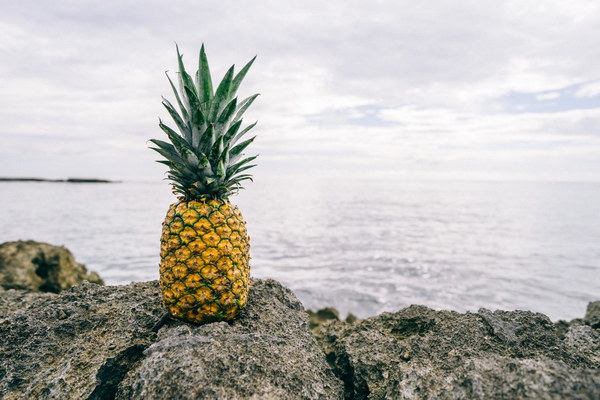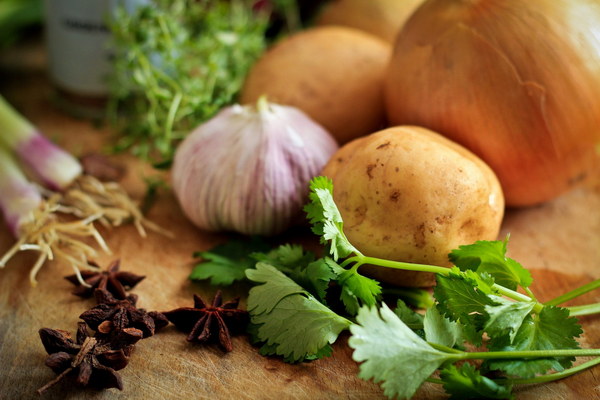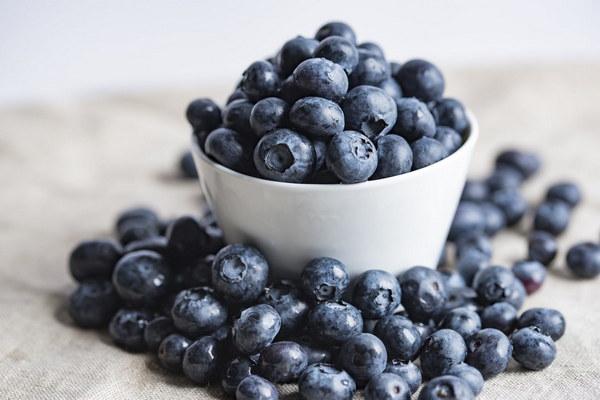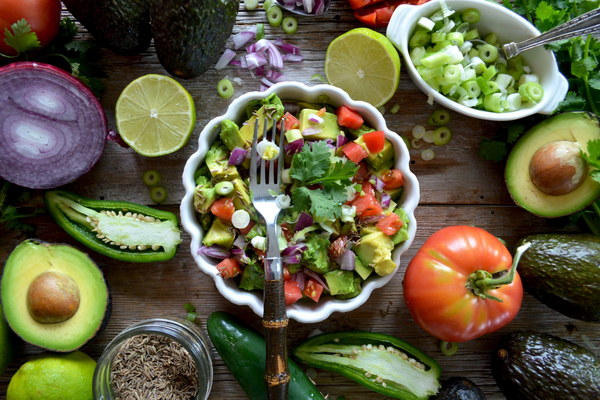Do Shrimp Help in Excreting Dampness Exploring the Traditional Chinese Health Benefit of Shrimp
In traditional Chinese medicine (TCM), dampness is considered a common pathogenic factor that can lead to various health issues. It is believed that dampness can be excreted through certain foods, including shrimp. But do shrimp really help in excreting dampness? Let’s explore this intriguing topic and delve into the benefits of including shrimp in a TCM diet.
What is dampness in TCM?
In TCM, dampness refers to an imbalance of moisture within the body, which can be caused by excessive intake of damp-producing foods, living in a damp environment, or other factors. This imbalance can lead to symptoms such as fatigue, bloating, weight gain, and poor digestion. TCM practitioners believe that certain foods can help to eliminate dampness and restore balance to the body.
Shrimp and dampness: Is there a connection?
Shrimp is a popular seafood that is often consumed for its delicious taste and nutritional benefits. In TCM, shrimp is believed to have properties that can help in excreting dampness. This belief is based on the idea that shrimp have a warm and sweet taste, which can help to promote urination and sweating, thereby reducing dampness in the body.
The science behind it
While the concept of dampness is not widely accepted in modern Western medicine, there is some scientific evidence to support the idea that shrimp can help with fluid balance. Shrimp contain high levels of potassium, which is an essential electrolyte that helps regulate fluid balance in the body. Additionally, shrimp are low in sodium, which can help reduce water retention and swelling.
How shrimp can help in excreting dampness
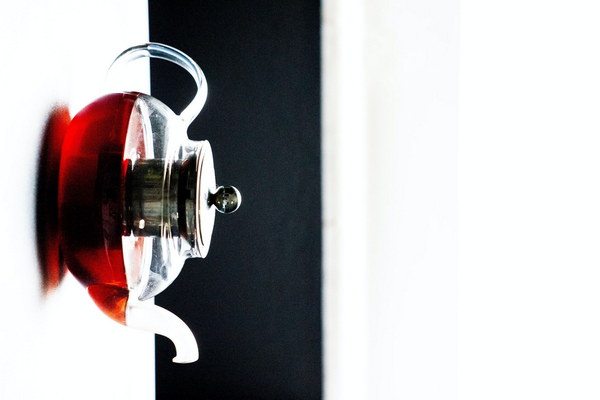
Here are some ways in which shrimp can contribute to the excretion of dampness in the body:
1. Promoting urination: The high potassium content in shrimp can help to increase urine output, which can aid in the elimination of excess moisture from the body.
2. Boosting sweating: Shrimp’s warm and sweet taste can help promote sweating, which is another way the body can release dampness.
3. Improving digestion: Shrimp is easy to digest and can help improve overall digestive function. This can be beneficial for those who have dampness-related digestive issues, such as bloating and constipation.
4. Nutritional benefits: Shrimp are rich in essential nutrients, including protein, vitamin B12, and omega-3 fatty acids, which can support overall health and well-being.
How to incorporate shrimp into your TCM diet
If you are looking to incorporate shrimp into your TCM diet to help with dampness, here are some tips:
1. Choose fresh shrimp: Always opt for fresh shrimp over frozen, as fresh shrimp are more likely to retain their natural properties.
2. Prepare shrimp properly: Remove the shell and devein the shrimp before cooking to ensure that you are getting the most benefit from the meat.
3. Steam or grill shrimp: These cooking methods are better than frying, as they preserve the natural properties of shrimp and reduce the risk of dampness.
4. Pair shrimp with dampness-reducing foods: Consider pairing shrimp with other TCM-friendly foods, such as ginger, garlic, and green onions, which are believed to help eliminate dampness.
5. Consult with a TCM practitioner: Before making significant changes to your diet, it’s always a good idea to consult with a TCM practitioner to ensure that shrimp are the right choice for your specific health needs.
In conclusion, while the concept of dampness is rooted in traditional Chinese medicine, there is some scientific evidence to suggest that shrimp can help with fluid balance and may have dampness-excreting properties. By incorporating shrimp into your diet and following the tips outlined above, you may be able to harness the benefits of this nutritious seafood to support your overall health and well-being.




